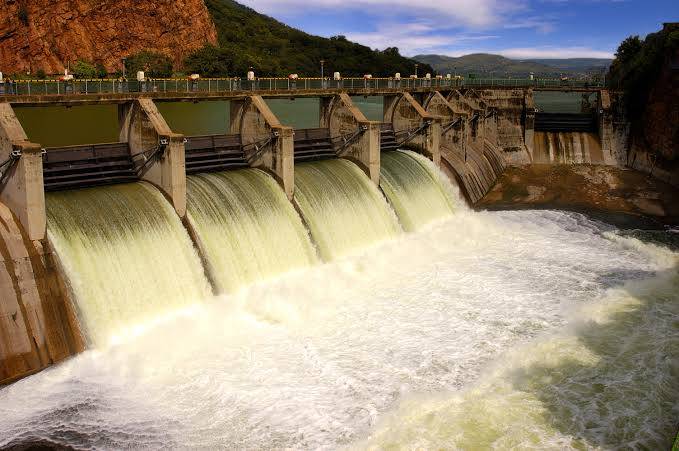Food Security: Nigerian Government Plans To Build Seven Dams In Southwest For Irrigation
Food security remains a critical concern for Nigeria, as it faces challenges linked to climate change, population growth, and fluctuating agricultural productivity. To combat these issues, the Federal Government (FG) has recently announced plans to build seven new dams in Nigeria’s Southwest region to bolster irrigation, with the overarching aim of enhancing food security. This initiative is part of a broader agricultural strategy to promote sustainable practices, increase crop yields, and protect the nation’s food supply.
The Southwest region of Nigeria, while fertile, is often challenged by seasonal water shortages that impact farming activities. The rainy season can bring sufficient water, but the dry season typically limits crop production, leaving local farmers vulnerable to drought and crop failure. In recent years, climate change has exacerbated this situation, with irregular rainfall patterns and prolonged dry spells posing significant risks to agricultural output. Building dams as a reliable water source for irrigation can mitigate these challenges, ensuring that farmers have access to water year-round.
Dams act as reservoirs, storing rainwater during the wet season, which can then be channeled through irrigation systems to sustain crops during the dry season. This capability not only increases the agricultural potential of the land but also stabilizes production rates. By enhancing the predictability of crop cycles, these dams are likely to contribute to greater food security for Nigeria as a whole.
Agriculture remains a substantial part of Nigeria's economy, employing around 70% of the population. However, limited access to water for irrigation has historically hampered the productivity of smallholder farmers. The Federal Government’s decision to build dams in the Southwest is expected to enable more efficient irrigation methods, which can result in higher yields and diversified cropping systems. With consistent water supply, farmers can cultivate a broader variety of crops, which could reduce reliance on food imports and improve nutritional diversity for Nigerians.
Irrigated agriculture also has a higher yield potential than rain-fed farming. Crops grown under irrigation can have multiple growing seasons within a year, compared to the single growing season typical in rain-dependent farming. By introducing new irrigation capabilities, the government aims to boost agricultural output, creating a positive ripple effect for rural economies and national food security. More productive farming could lead to greater income stability for farmers, encouraging younger generations to pursue agricultural careers and contributing to the overall resilience of rural communities.
One of Nigeria’s primary food security challenges is its dependence on imported food, which exposes the nation to international market volatility and currency fluctuations. The country spends billions annually on importing staple foods, including rice, wheat, and maize. By increasing local food production through improved irrigation, Nigeria can reduce its dependence on imports, protect its foreign reserves, and increase self-sufficiency. Enhanced food security means the country is better prepared to handle global supply chain disruptions, price spikes, or other economic uncertainties.
Moreover, the government’s dam project is anticipated to stimulate job creation along the agricultural value chain, from farming to food processing and distribution. In this way, the initiative has a dual purpose: supporting national food security while contributing to broader economic growth.
The Federal Government’s plan to build seven dams in Nigeria’s Southwest region represents a significant step towards achieving food security through sustainable agriculture. By focusing on irrigation infrastructure, the government is addressing water scarcity, enhancing agricultural productivity, and reducing the nation’s reliance on food imports.




Raymond Mensah
Nov 10, 2024Nice one
Raymond Mensah
Nov 9, 2024Nice one